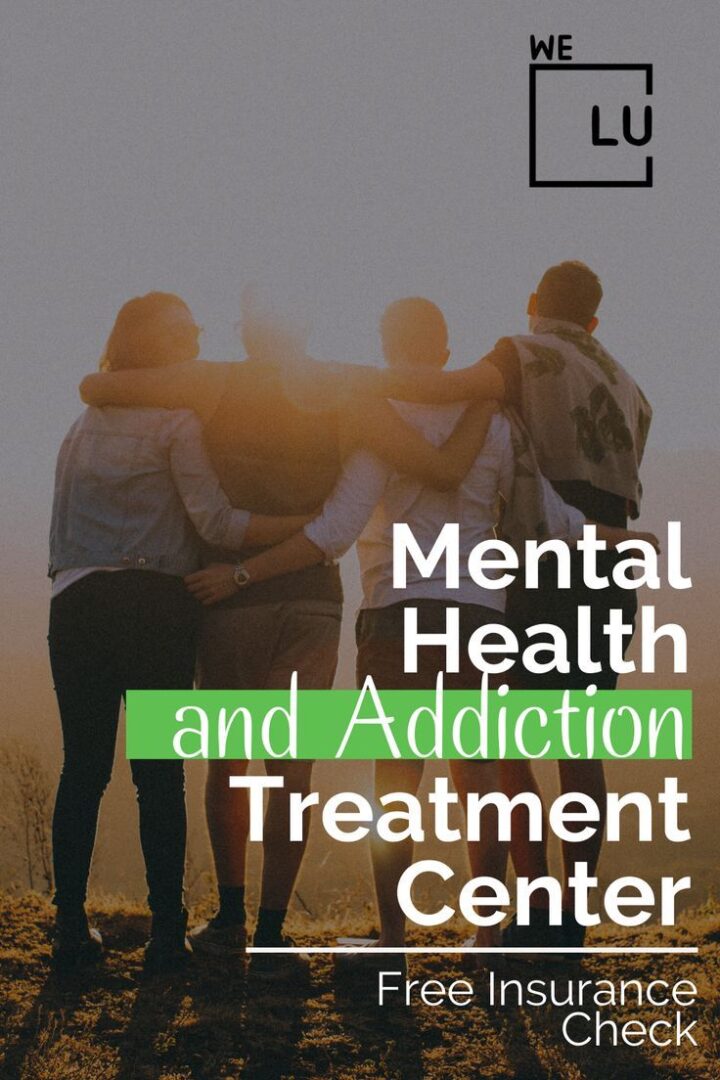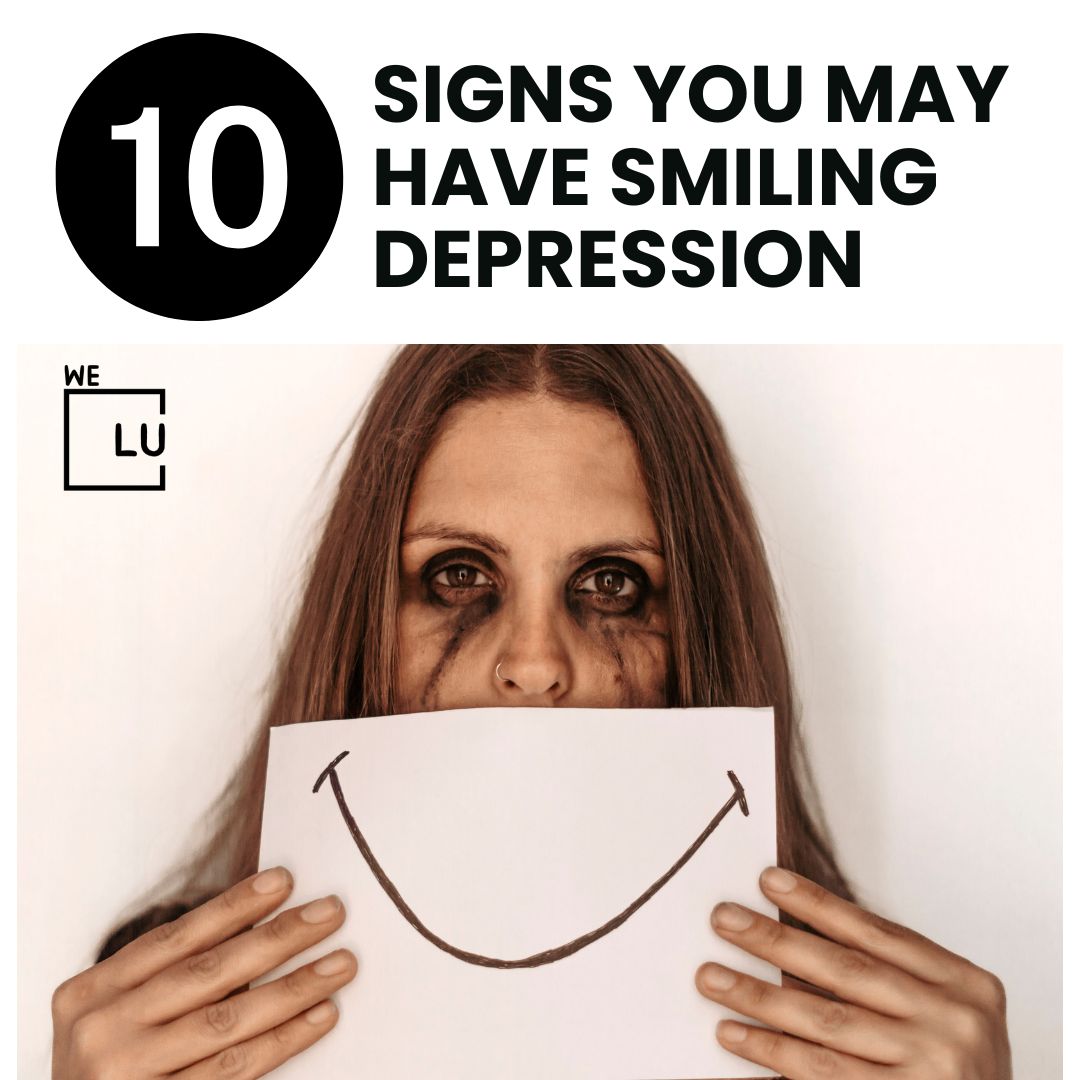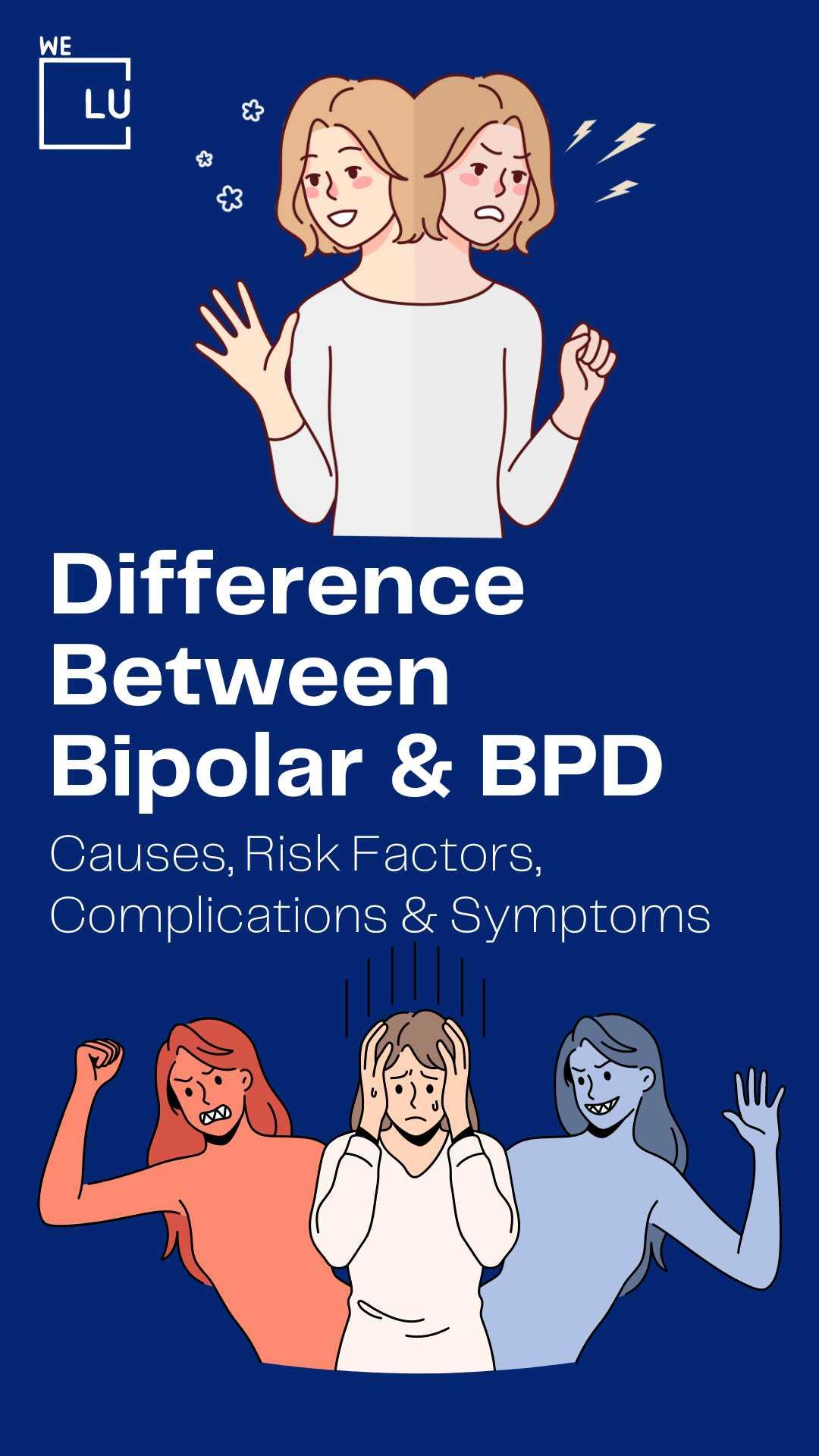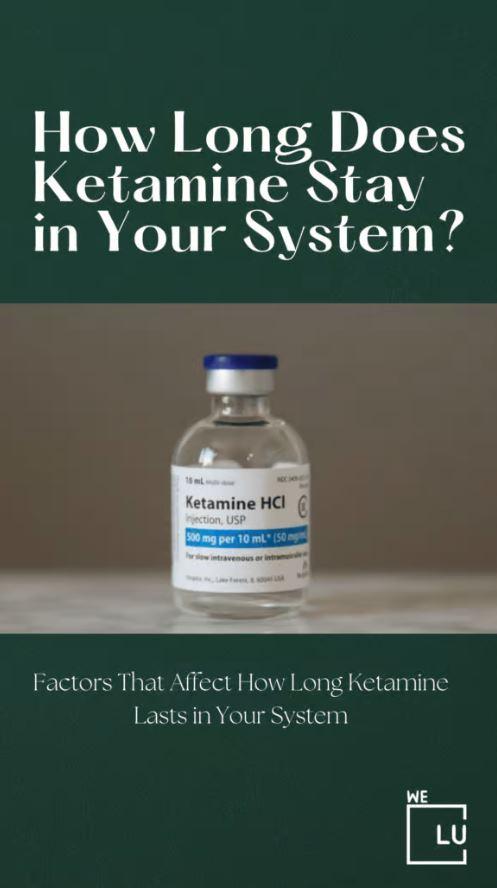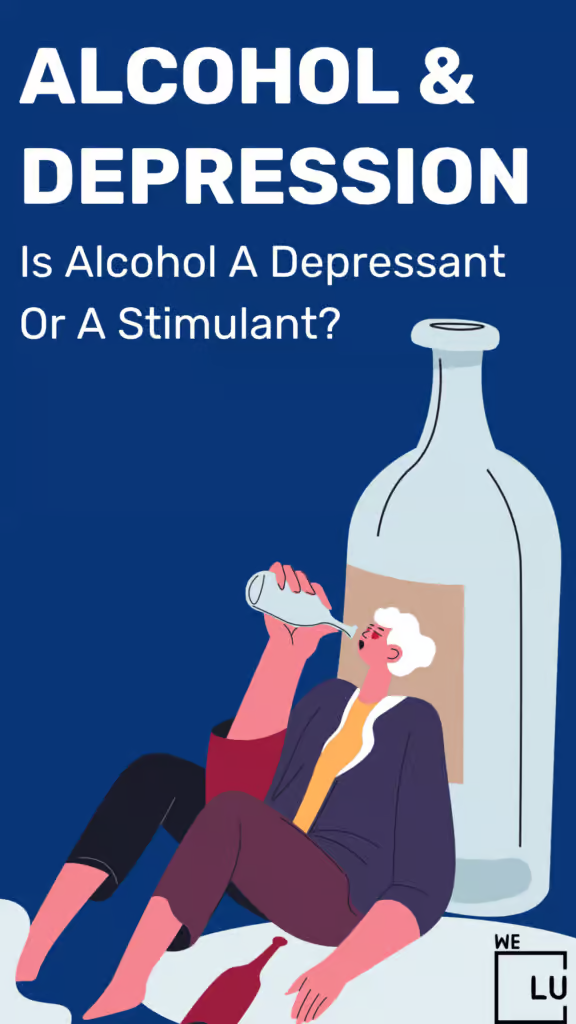What is High Functioning Depression?
According to the World Health Organization (WHO), more than 264 million people of all ages experience depression worldwide. [1] Many mental health professionals agree that high-functioning depression does not exist and that the term itself can be very misleading. The Diagnostic and Statistical Manual of Mental Disorders, Fifth Edition (DSM-5) does not recognize it as a clinical disorder.
Functional depression, or high functioning depression, isn’t a clinical diagnosis. It’s more of a buzzword. But that doesn’t mean it isn’t real. As this form of depression may be less debilitating than other forms and allow a person to live a relatively “normal” life, maintaining relationships and coping at work, they may consider it to be a high functioning depression.
What it Feels Like to Live with High-Functioning Depression
As experts do not recognize high functioning depression as a disorder, there are no objective clinical symptoms. However, many people confuse high functioning depression with PDD or Persistent Depressive Disorder. PDD involves low-grade depression with symptoms that persist for at least 2 years. With PDD, a person’s depressed mood lasts for most of each day, and depression occurs more often than not. In addition to low mood, people with PDD may also have at least two of the following symptoms:
- Changes in appetite
- Oversleeping or insomnia
- Extreme fatigue
- Low self-esteem
- Difficulty concentrating and making decisions
- Feelings of hopelessness, worthlessness, or guilt
People who have PDD may experience instances of normal mood that last less than 2 months. They are also more likely to develop major depressive disorder than other people. [2]

Persistent depressive disorder, also known as dysthymia or chronic major depression, is a poorly understood condition for which the diagnostic criteria are constantly evolving. In the past, this condition was considered a personality disorder, which connotes a permanent, pervasive nature. However, it is likely better conceptualized as a temporary state that can change.
Worldwide it is estimated the prevalence of depression (including persistent depressive disorder/dysthymia) is approximately 12%. In the United States, the prevalence is slightly higher, with the estimation of major depressive disorder being 17% and persistent depressive disorder being 3%. These findings vary depending on the methods of identification used (survey versus validated scales) and the population studied. In general, the prevalence of major depressive disorder is higher than that of persistent depressive disorder, suggesting that the disease course of depression naturally is more often to relapse and remit rather than remain present chronically over an extended time. [3]
Signs of High Functioning Depression
Individuals who can still function while depressed might convince themselves their high functioning depression isn’t that bad.
Some People Minimize Their Issues
Some people with high functioning depression symptoms may minimize the seriousness of their condition and be less likely to seek mental health treatment. They could also be less likely to gain emotional support from others if their depression goes undetected. Friends, family members, and colleagues may have no idea that the individual is even depressed.
Additionally, someone with high-functioning depression might feel guilty about getting help (guilt often goes hand-in-hand with depression). They may think that people who have worse depression are more deserving of help.
Some People Feel They Shouldn’t Be Depressed
They might also tell themselves they have no reason to be depressed. They may think that since they can still function, they should be happier. Or they may believe someone who has a job and a family shouldn’t be depressed. These thoughts may prevent them from asking for help as well.
All types of depression can lead to an increased risk of suicide, including functional depression. Someone who has functional depression may experience increased thoughts about death, and they might consider ending their lives. Other people could misunderstand high-functioning depression. They may think an individual who is withdrawing socially isn’t interested in being friends. Or they might label an individual’s struggle with motivation as laziness.

These misconceptions tend to create even bigger problems for someone who is already struggling with depression. They might increase their social isolation or cause them to try to overcompensate by acting as if they’re OK when they’re truly sinking further into depression. [4]
High Functioning Depression Causes
Like all forms of depression, high functioning depression can stem from several different causes. It may be a combination of genetic, biological, or life experiences that lead to functional depression. Stress, illness, unresolved grief, substance abuse issues, trauma, relationship issues, and major life transitions are just a few reasons someone might grow depressed.
There are several reasons why someone may develop high functioning depression. An individual with high functioning depression can often have mild enough symptoms that they’re able to continue functioning. Or they could be a perfectionist who is afraid to show that they’re struggling. [5]
Do I Have High Functioning Depression?
Is high functioning depression real? You may ask yourself, how do I know if I’m suffering from this and when should I seek professional help or obtain a diagnosis? Oftentimes a person with a possibility of high-functioning depression may have the following but not limited to:
Emotional changes
- You often feel a little down most of the time to the extent where others may notice and refer to you as gloomy, cynical, or a downer
- You feel bad about yourself, unworthy, and don’t deserve to be happy or to be liked
- You often experience the feeling of hopelessness or crying without knowing why
- You carry excessive worry or guilt over past or future decisions
Physical changes
- You’re almost always tired even if you’re getting enough, or too much, sleep
- You do everything you’re supposed to do, like going to school or keeping the house clean, but it always seems like you’d need to put in a mountain load of effort
- You’ve to force yourself to engage in social activities when you‘d rather stay home under your covers
- You’re unintentionally gaining or losing weight because you’ve no appetite or overeat without realising
Though you may experience these symptoms, it’s crucial that you get a proper diagnosis from a mental health professional. [6]
In general, the treatment and management of persistent depressive disorder do not vary significantly from the treatment and management of a major depressive disorder. While there may be differences in the individualization of treatment plans based on symptom number, severity, and chronicity, the general principles of pharmacotherapy and psychotherapy remain the same. It is also commonly accepted and well-validated that a combination of pharmacotherapy and psychotherapy is more effective than either treatment independently.
Differential diagnoses for persistent depressive disorder include ruling out medical/organic causes as well as screening for other DSM diagnoses, including major depression, bipolar, psychotic disorders, substance-induced states, and personality disorders.
A thorough assessment of patients presenting with mental health symptoms involves ruling out medical and biological causes of symptomatology. Current and past medical history, as well as current medications, should be part of the psychiatric evaluation to provide context to symptoms. While routine laboratory screening of an otherwise healthy patient with symptoms of depression is of questionable diagnostic value, the following tests are commonly ordered to support medical decision-making: complete blood count, chemistry panels, urine pregnancy, urine toxicology, and TSH. Symptoms and patient history often guide additional testing. Validated screening tools for depression, such as the patient health questionnaire, can assist with screening and identification of depressed patients. [7]
How to Manage High Functioning Depression
Recovery from depression can take time, but there is always hope. There are many steps in depression treatments that you can take to manage this disorder. A medical professional can also offer referrals and they can encourage you to continue your treatment with a mental health specialist.
Dual Diagnosis
Mood disorders, including depression and bipolar disorders, are the most common psychiatric comorbidities among patients with substance use disorders. Treating patients’ co-occurring mood disorders may reduce their substance craving and taking and enhance their overall outcomes.
Among individuals with a mood disorder, 32 percent had a co-occurring SUD. Of individuals with lifetime major depression, 16.5 percent had an alcohol use disorder and 18 percent had a drug use disorder. SUDs were particularly common among individuals with bipolar disorder—56 percent had a lifetime SUD. [8]
The self-medication explanation implies that individuals will tend to select drugs that alleviate their specific psychiatric symptoms. For example, some psychologists suggest that people with uncontrollable feelings of rage and aggression may choose opiates for these drugs’ mellowing effects, while people who are depressed may take cocaine because it exhilarates and energizes them.
High Functioning Depression Treatment
A report published by the National Institute on Drug Abuse suggests that there is a reason why people with a mental disorder, including depression, are up to twice as likely to develop substance abuse disorders. This mental illness may precipitate, exacerbate, or hasten substance abuse. An individual suffering symptom of a mental illness, like depression, is likely to attempt to self-medicate as well. [9]
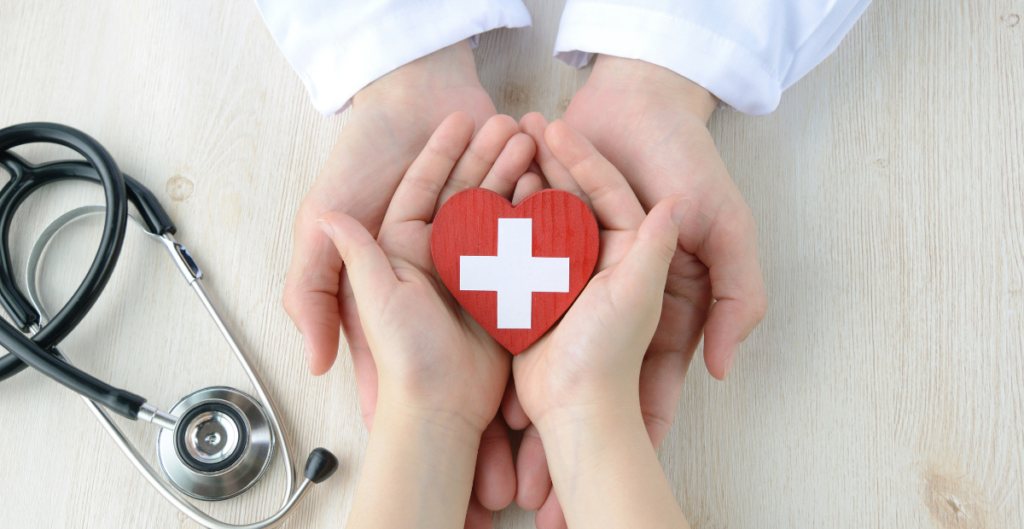
In some cases, alcohol and other central nervous system depressants can trigger symptoms of depression. Eliminating drugs and alcohol from the body and mind system is sometimes enough to alleviate the symptoms of depression or anxiety. But sometimes, substance abuse changes brain chemistry for the long term.
Depression treatment takes time and your commitment. Sometimes, it might feel overwhelming or frustratingly slow. That is normal as recovery usually has its ups and downs. We Level Up TX treatment center provides world-class care with round-the-clock medical professionals available to help you cope. All working as a team providing depression treatment for successful recovery.
We Level Up TX treatment center provides world-class care with round-the-clock medical professionals available to help you cope. All working as a team providing both primary SUD or substance use disorder treatment along with co-occurring secondary high functioning depression treatment for successful recovery. Make this your opportunity to reclaim your life. Call today to speak with one of our treatment specialists. Our counselors know what you are going through and will answer any of your questions. Your call is private and confidential and there is never any obligation.
Sources:
[1] Depression – Centers for Disease Control and Prevention
[2] What is high-functioning depression? – https://www.medicalnewstoday.com/articles/high-functioning-depression
[3,7] Persistent Depressive Disorder – National Center for Biotechnology Information, U.S. National Library of Medicine
[4-5] Is It Possible to Have Functional Depression? – https://www.verywellmind.com/is-it-possible-to-have-functional-depression-484657
[6] Dealing With High-Functioning Depression – https://university.taylors.edu.my/en/campus-life/news-and-events/news/dealing-with-high-functioning-depression.html
[8] Mood Disorders and Substance Use Disorder: A Complex Comorbidity – National Center for Biotechnology Information, U.S. National Library of Medicine
[9] We Level Up – Mental Health » Depression Treatment
